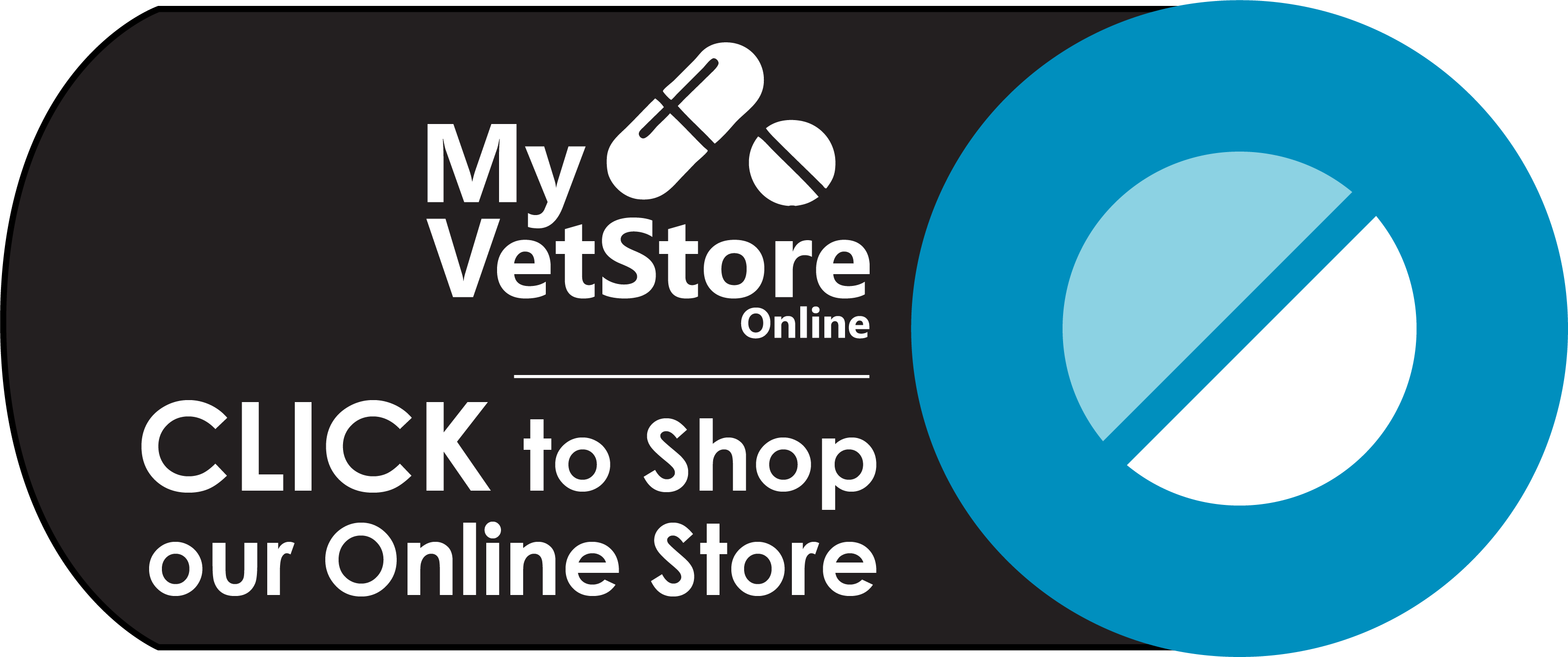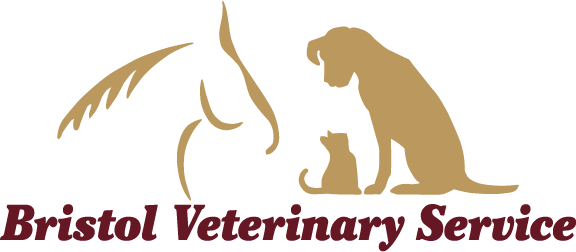In horses, choke is the word used to describe when food gets lodged in the esophagus. The windpipe, or trachea, is not blocked; these horses can still breathe. Many times, these horses will continue to try eating and/or drinking. A horse with choke can show signs of the following:
-Distress and pain
-Outstretched head and neck
-Frothy green discharge from the nose and/or mouth
-Signs of colic (mentioned above)
-Coughing (may also have excessive salivation with the cough)
This is an emergency condition. If left untreated, the horse can develop severe, life threatening complications. It is important to remove all accessible food and water and do not administer any oral medications while waiting for the vet to arrive.


